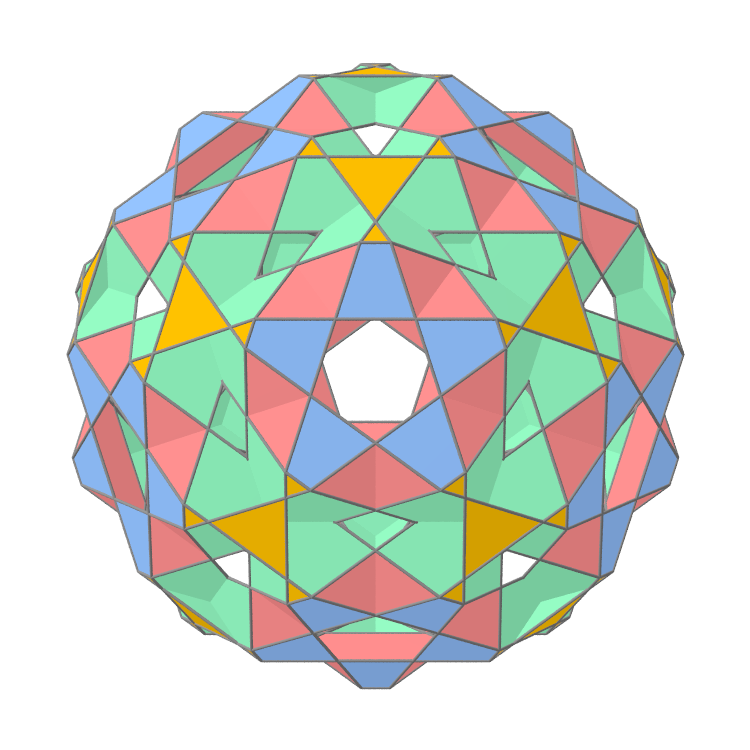|
|
LITR 5439 Literary & Historical Utopias
|
|
Munira Omari
July 6, 2013
Are Video Games Experimental
Utopias?
In the beginning of the semester, I had to read and present
two previous research posts. I had chosen Nichole Wheatly’s “Social Media
web-based utopias—do they exist?” because I found it to be an interesting topic.
It revealed the many possibilities of the web and provided alluring questions
concerning utopias. How can something physically untouchable be considered a
utopia? While deeply thinking about this, I have found it opened more questions
about cyber utopias or virtual utopias, most commonly seen in video games. And
amid my thinking, I remembered my two nephews. They are obsessed with video
games and seem to get lost while they are playing it. While playing, they feel
like heroes fighting evil zombies or saving the universe from alien attacks. It
fascinated me to think of how happy they are doing it, and I being the type that
does not play, had a difficult time understanding its excitement. Thus leading
me to question whether or not utopia exists in video games, in killing zombies
and having unlimited lives?
In order to find
out exactly how this could work, we need to understand utopia and its reasons
for its initiation. Utopia is a perfect imaginary place, where everything is
available and there are no problems. It is known that the word was first coined
by Sir Thomas More in 1516 (Wikipedia). He was a lawyer and King Henry VIII’s
advisor. He believed in the freedom of humans and their right to live a happy
and fulfilling life. And thus he wrote
Utopia
and detailed what he believed to be a perfect life. There have also been many
examples of utopian communities throughout history, mainly in literature.
However, with the improvement of technology and since the inception of the
internet, the possibilities have gone beyond the physical world to include video
games, social media, and shopping.
In the process of my research I
stumbled on an article about internet and utopia “The Internet as Utopia:
Reality, Virtuality, and Politics” by Joshua Cowles. He sets a standard to
virtual utopia by fully explaining the vision of utopia and its connection to
utopian thinking; thus, to understand the later need for virtual utopias.
“[U]topia acts as a critique of, and sometimes a
blueprint for, reality by using an imaginary place to portray an ideal
society”(2). With that in mind, video games do have a utopian feel. For one,
they are mirrors of our world. Second, they portray a society that is not
individual in itself, a perfect society. All the characters do the same thing
and act the same way. They were not created to each perform an individual thing.
In
another article written by Cameron Richards, “Computer Mediated Communication
and the Connection between Virtual Utopias and Actual Realities”, discusses how
virtual utopias and dystopias are an alteration of the main functions of human
culture i.e. representing a better future or an ideal past. Furthermore, he says
that virtual utopias are mainly considered dystopian; on the fact that it is
based on rules and regulations. Now, in the world of video games, there is no
ideal and perfect future, there is simply chaos that is in need of repair. At
the same time, video games have no sense of moral righteousness. Teenagers are
able to murder, rape and steal at no expense playing these games. So, is it
really a perfect place?
Cowles
explains an important point about the results of having a virtual utopia and its
effect on the community. He says, “The ability of individuals to experience
utopia in a virtual setting may offset the felt need to bring these utopian
features into reality. Conversely, being at least partially controlled by the
'rules' of reality, the utopian critique may be diluted and offer little beyond
what is already real outside the virtual world. To an extent, the outside world
is replicated within the virtual one” (6). In a way, he is saying that virtual
utopias act as a release for the need to actually create a utopia. With that
being said, it is quite understood from Cowles’s opinion that virtual utopias
exist in the internet, as a double of our own world i.e. with all its rules and
prohibitions, because after all, it is a replica and the rules must be followed.
It is also understood from Cowles’s point of view that virtual utopias are a way
of fulfilling the society's need for an actual utopia, thus limiting utopian
communities today. But how do teenagers feel about video games?
When
I spoke to my nephew about video games, he explained to me that it is a means of
escape from reality, an escape from a plain world to a world of power, where he
can be a hero. Most of the video games today are an apocalyptic world, where
everyone is dead or turned into a flesh eating zombie. And the player is
supposedly trying to save the world by completing missions.
In
this dystopian world, there is a hero and that hero is the player. The basic
rules of society are not followed in this dystopian world of video games. There
is no penalty for killing another player or raping a woman in video games;
however, there is in our real world. I believe that teens lose themselves in
video games because they will not be judged on who they are. I have learnt
during the course of taking this utopia class that real utopias are experimental
(objective 3). They exist as examples, especially if they fail; they become a
step forward to creating a better one without the flaws of the previous one. And
with new technology we are able to experience different results to different
utopian ideals. They
are safer means of experimenting without destroying the world and causing real
damage to real people. It is, in my opinion, a release for the younger
generation from committing dangerous acts with consequences. As a result, we
have controlled people, especially teenagers, from wandering the wrong way.
Isn’t that partly utopian?
Works cited
Cowles, Joshua.
"The Internet as Utopia: Reality, Virtuality, and Politics." (2009): n. page.
Print.
Omari, Jafar.
Telephone Interview. 03 Jul 2013.
Richards, Cameron.
"Computer mediated Communication and the Connection Between Virtual Utopias
and Actual
Realities." (1998): n. page. Web. 5 Jul. 2013.
<http://www.it.murdoch.edu.au/~sudweeks/catac98/pdf/12_richards.pdf>.




